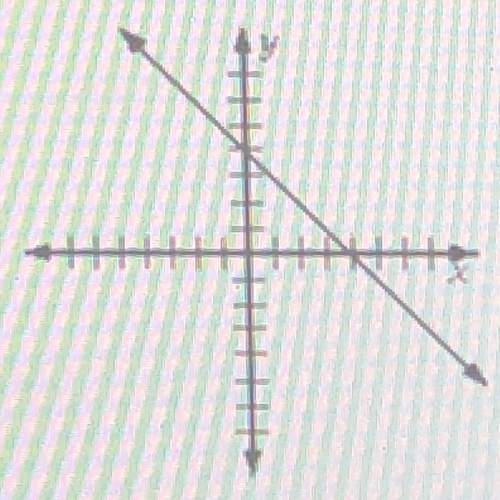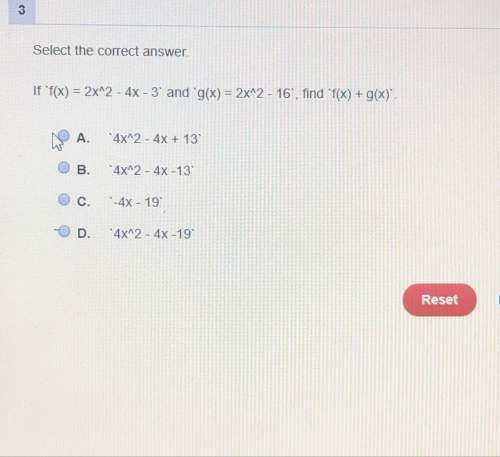The limit as h approaches 0 of (e^(2+h)-e^2)/h = ?
the answer is e^2; explain how to get th...

Mathematics, 28.09.2019 08:30 arielove62
The limit as h approaches 0 of (e^(2+h)-e^2)/h = ?
the answer is e^2; explain how to get that?

Answers: 1


Another question on Mathematics

Mathematics, 21.06.2019 17:30
Which of the following tables represents exponential functions?
Answers: 1

Mathematics, 21.06.2019 20:00
Worth 30 points! in this diagram, both polygons are regular. what is the value, in degrees, of the sum of the measures of angles abc and abd?
Answers: 2


Mathematics, 21.06.2019 23:10
12 3 4 5 6 7 8 9 10time remaining01: 24: 54which graph represents this system? y=1/2x + 3 y= 3/2x -1
Answers: 1
You know the right answer?
Questions







English, 05.09.2019 03:30


English, 05.09.2019 03:30






Social Studies, 05.09.2019 03:30




Computers and Technology, 05.09.2019 03:30








